Japanese Shop Sells Realistic “Hooves Sandals” That Look Impossible to Walk On
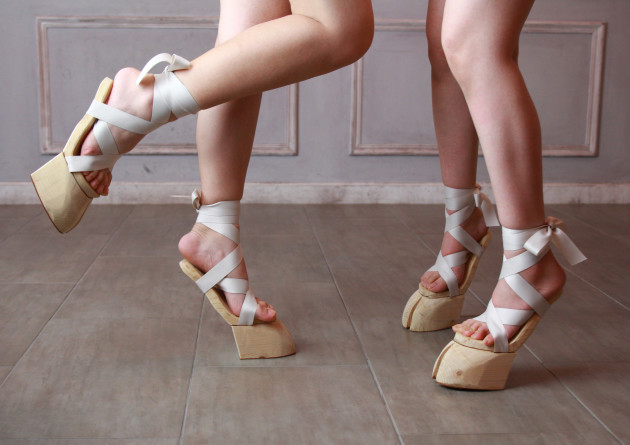
Ever wonder what walking on two hooves must be like? Well, you don’t have to be a faun to try it out, as one Japanese shop is more than happy to sell you a pair of realistic wooden hoof sandals. Walpurgis, an online shop that seems to specialize in fantastic garments and accessories, recently started […]
The Photo-Like Painted Portraits of Yasutomo Oka

These lovely portraits may look like high-definition artistic photographs, or even the product of CGI, but they are actually oil paintings created by Japanese artist Yasutomo Oka At just 34-years-old, Yasutomo Oka is quite obviously already a master when it comes to hyperrealistic paintings. The artist, who hails from Komaki, in Japan’s Aichi Prefecture, spends […]
Japanese Man Sets New Guinness Record for Spinning World’s Largest Hula Hoop
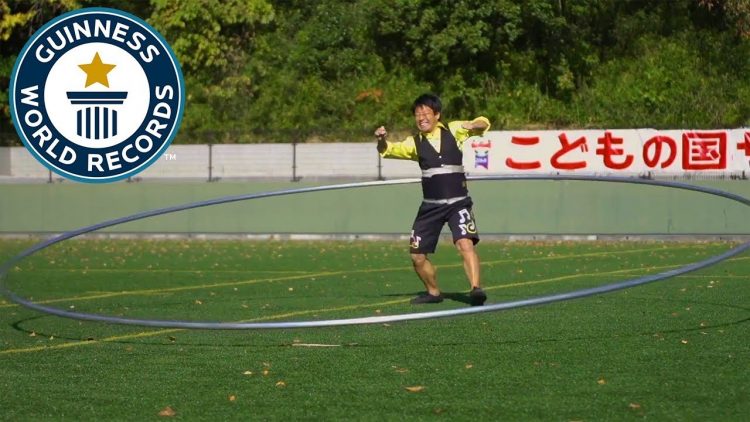
Yuya Yamada, a hula hoop street performer from Tokyo, Japan, recently managed to set a new Guinness record after successfully spinning a 5.14 m (16 ft 10 in) aluminium hoop using only his torso. Also known as “Hoop Man Yu-Ya” in his native country, Yamada is famous for his hula hoop tricks. He can spin a […]
Japanese Artist Creates the Most Realistic-Looking Wearable Animal Heads You’ve Ever Seen
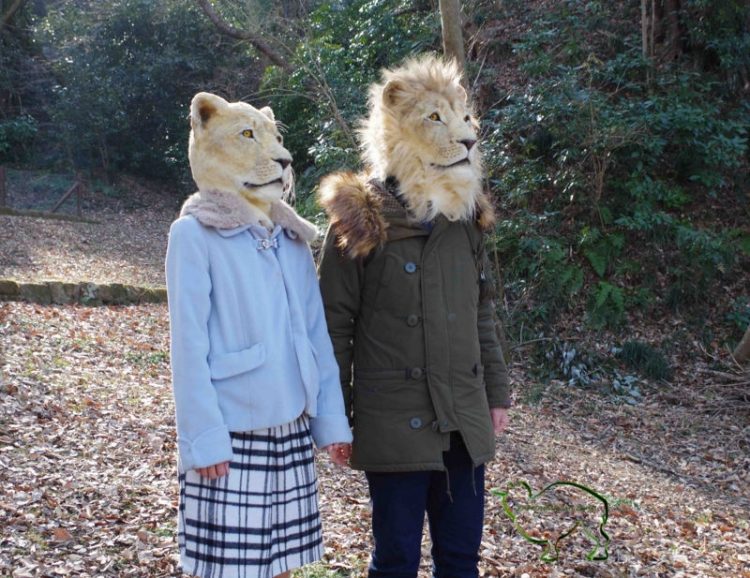
Whether you’re a passionate furry or just someone who appreciates cool headgear, you’re most likely going to love the incredibly realistic wearable heads made by Japanese modeler Kamonohashizokei (Platypus Modeling). Looking at theses animal heads for the first time, you’re tempted to think they’re just that, creepy taxidermied heads, but in fact they are all synthetic […]
Japanese Public School Sparks Controversy After Adopting $700 Dollars Armani Uniforms
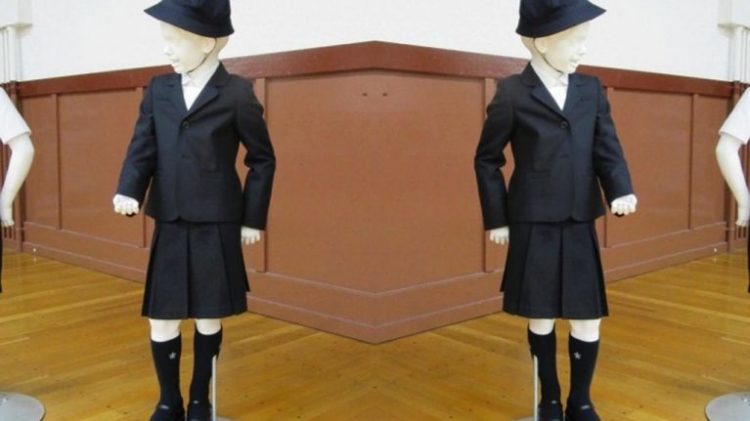
Ginza is known as the most fashionable district of Japan’s capital, Tokyo, and one public elementary school located there recently decided that it would be very fitting for children to dress accordingly. Thus Taimei Elementary School students will be donning $700 designer uniforms created by Italian fashion label Armani. The school’s decision to replace its old […]
Electronics Company Develops Smart Device That Cancels Embarrassing Toilet Noises

Japan is known as the most polite nation on Earth, and that extreme politeness extends to all aspects of life, including bathroom etiquette. Many public toilets feature a wall-mounted device that, when pressed, creates a sound that masks that of urination. However, electronics company Roland has come up with an improved version that drowns out […]
Japanese Inn Teams Up with Car Maker Nissan to Create Self-Driving Slippers for Its Guests
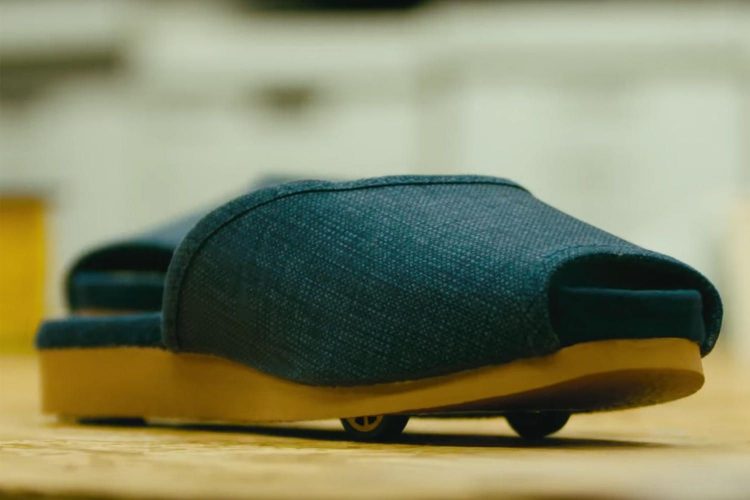
Japan has long been known for both its strong traditions and being on the cutting edge of technology, and this new inn combining the classic Japanese surroundings with high-tech, self-driving slippers and furniture is a perfect reflection of this. Nissan Motor Co. developed a system in which slippers park themselves at the entrance of the […]
This Gadgets Lets Parents Share Their Babies Bowel Movements Online with the Touch of a Button

From the country that gave us the delightful classic children’s book ‘Everyone Poops,’ comes a new app that will let everyone know when you’re toddler goes potty. The Unko Button, made by 144Lab, is a small box with two buttons that, when pressed, instantly share the news that you’re little one has made a poo […]
Japanese Yakuza Boss On the Run for 14 Years Caught in Thailand After Photos of His Tattoos Go Viral

A former Japanese yakuza boss who had been on the run for more than fourteen years was finally arrested in Thailand this month, after photos of his impressive tattoos began circulating online. Thai police arrested 74-year-old Shigeharu Shirai last Wednesday in a province north of Bangkok, where he had been hiding for more than ten […]
Japanese Ex-Programmer Opens “Open Source Restaurant” Where Patrons Can Work for Their Food

An unusual restaurant in the Jinbocho district of Tokyo offers meals in exchange for 50 minutes of labor. This unique “open-source” eatery, called Mirai Shokudo, is the brainchild of former engineer Sekai Kobayashi, 33, who wanted to create a place for hungry people who otherwise couldn’t afford to eat out. There is no permanent staff […]
Japan Now Has a Cryptocurrency-Themed Idol Group
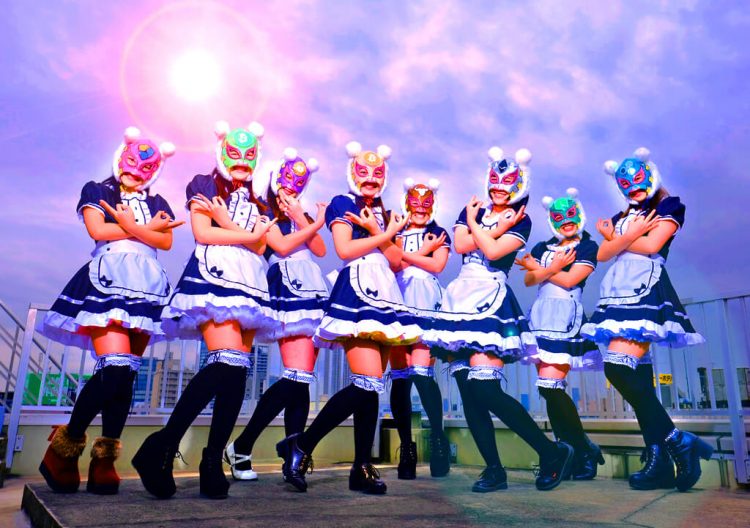
Cryptocurrency is still somewhat of a fringe phenomenon, and despite growing immensely in popularity over the past few years, it hasn’t taken off en masse yet. In Japan, a group of young women has set out to change that. Eight teenage girls have been chosen by the Japanese talent agency Cinderella Academy to join the […]
Japanese Farmers Develop “Incredible” Banana with Edible Skin

Fruit farmers in Okayama, Japan, have managed to make peeling a banana optional by developing a special variety with edible skin. The peel of their “Mongee Banana” is not particularly tasty, but it is considerably thinner and far less bitter than that of regular bananas, making it 100% edible. To create the incredible Mongee – […]
Japan’s Most Popular Sake Maker Runs Full-Page Newspaper Ad Asking People to Stop Paying So Much for Its Sake
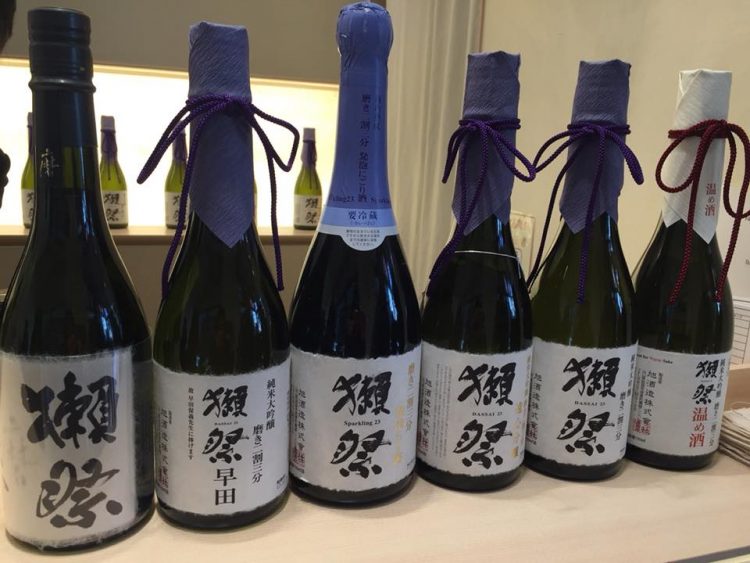
Corporations are in business to make money and being popular is good for business, which is why we have advertising to hammer brand names into our minds and keep us buying and buying. But sometimes along comes a company which loves its product so much that it’s willing to sacrifice some revenue to give more […]
Tokyo’s “Rescue Bus” Picks Up Drunk Train Passengers That Fall Asleep and Miss Their Stop
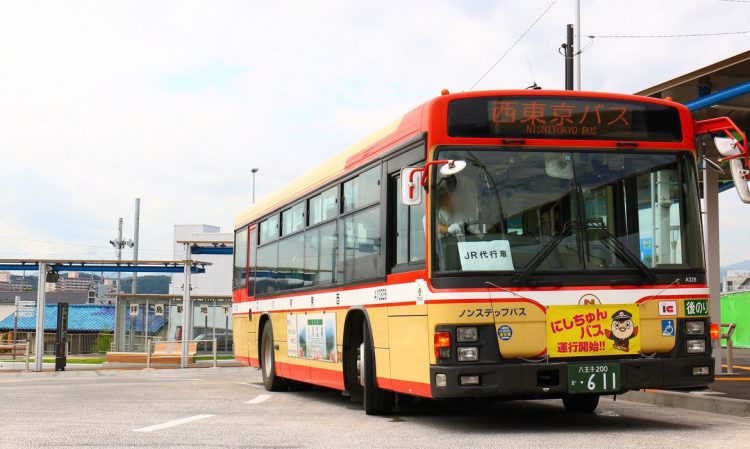
During the holiday season, the Nishi Tokyo Bus Company operates a rescue bus called the ‘Nesugoshi Kyusai’ bus (overslept rescue bus) to pick up inebriated passengers who fell asleep and miss their stop. It meets passengers at the final station and delivers them back to their regular stop for the relatively small fee – when […]
Military-First Girls – Japan’s All-Girl Fan Club Dedicated to North Korean Culture

Relations between North Korea and Japan grow increasingly tumultuous by the day as the fear of nuclear war rises to a fever pitch. But despite the tense political climate, a group of Japanese girls fascinated by DRPK culture continue to profess their love for North Korean music, posters and fashion, by posing in military outfits […]
